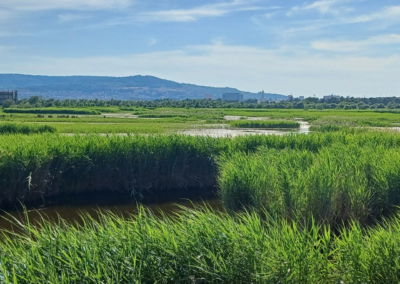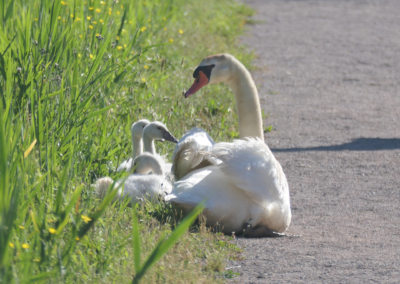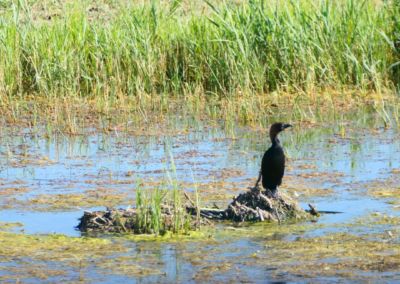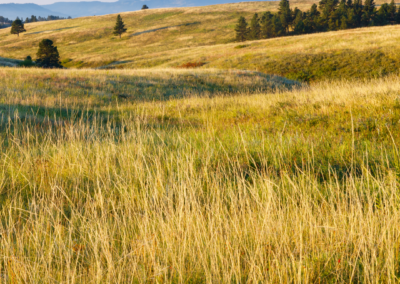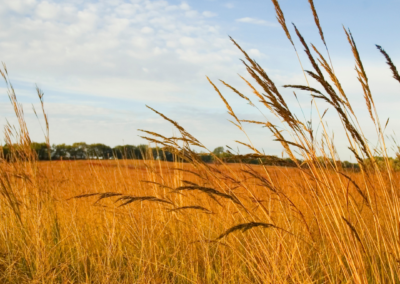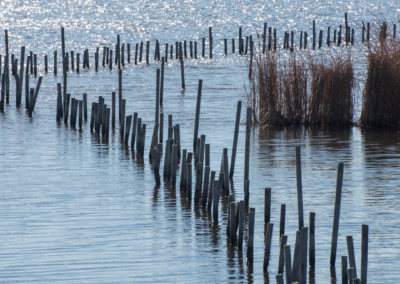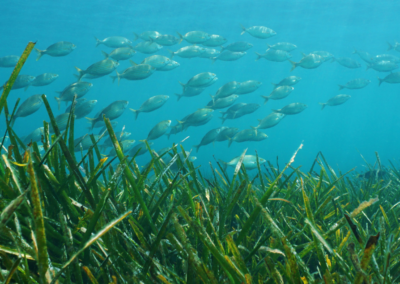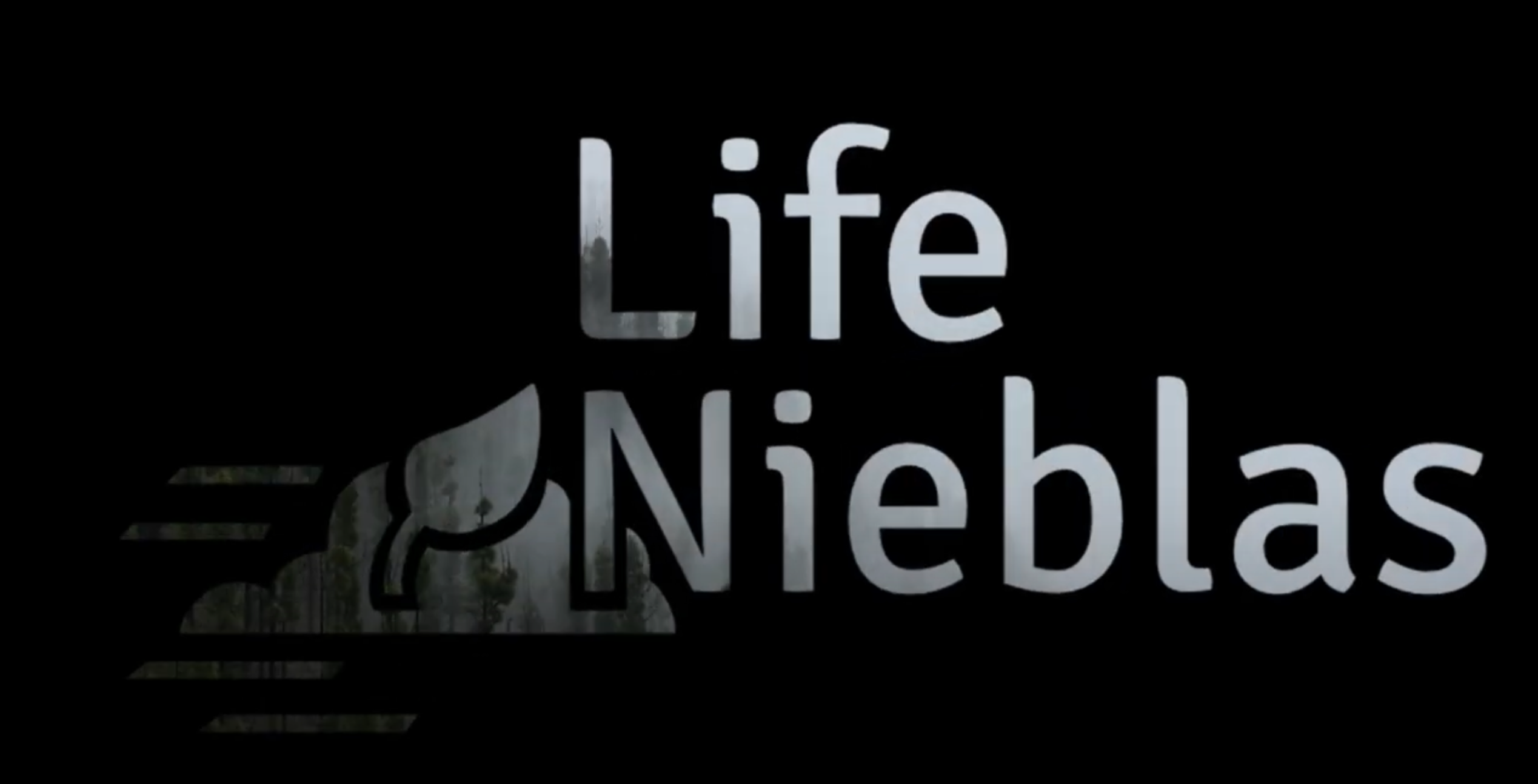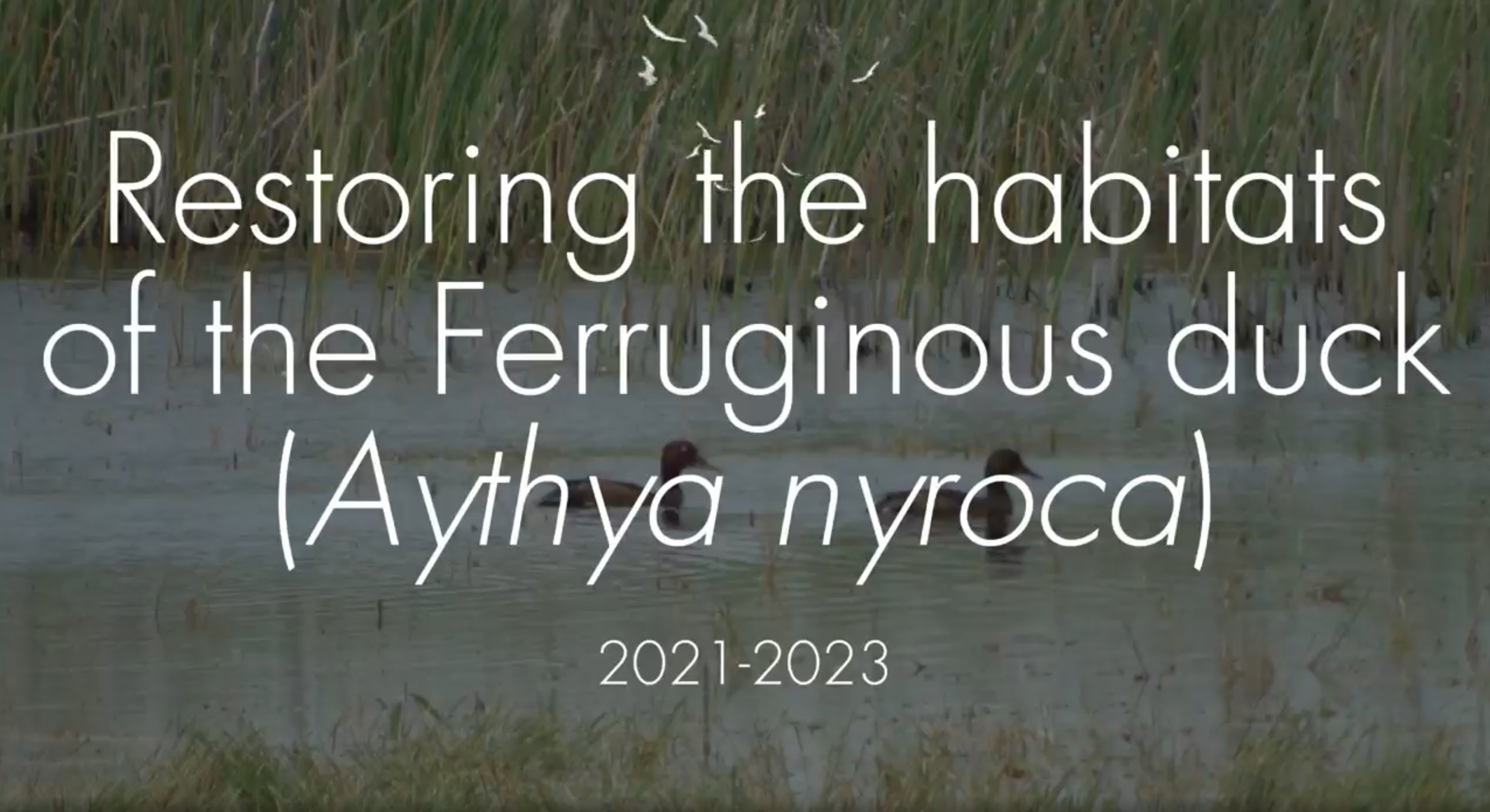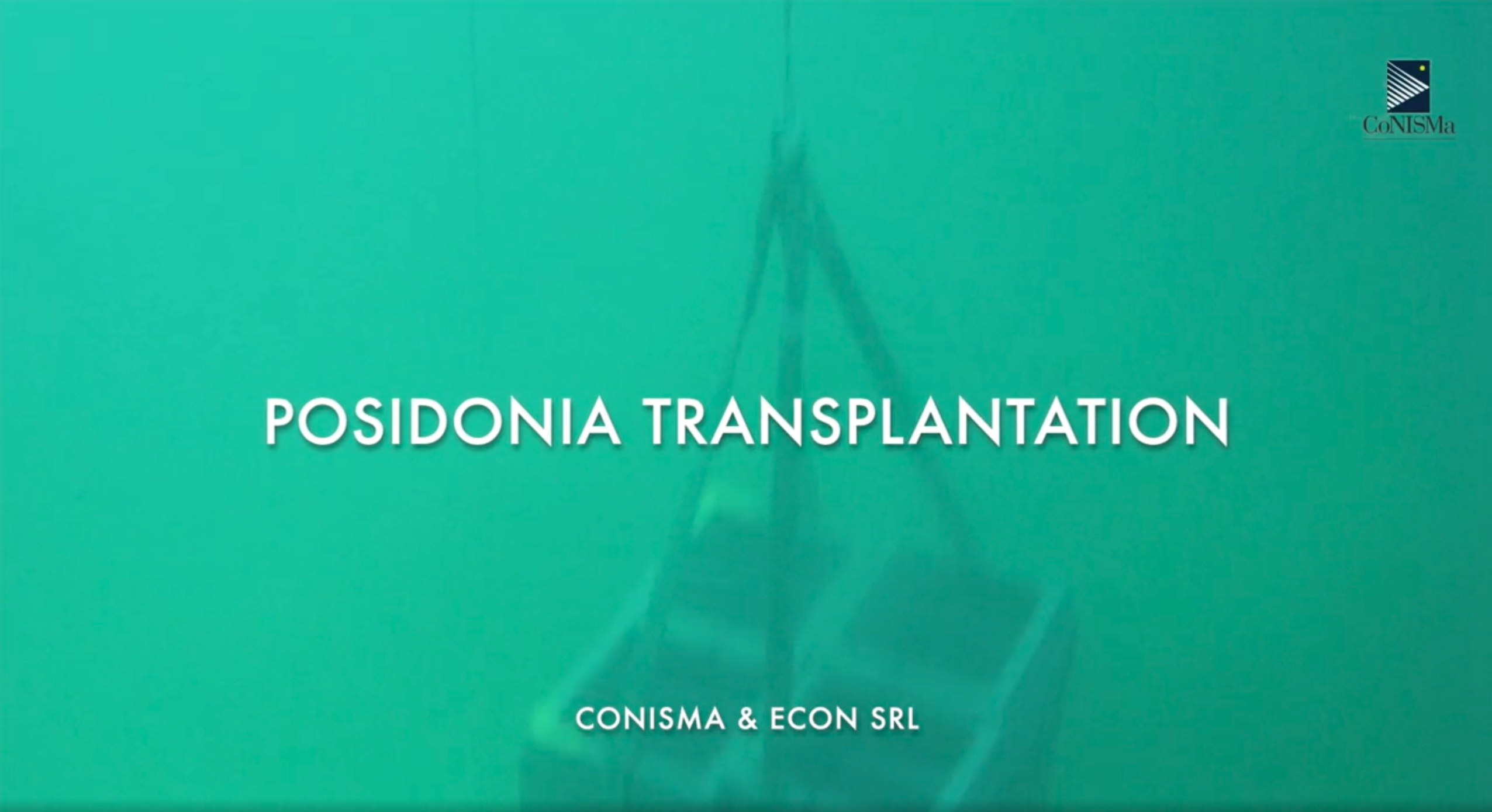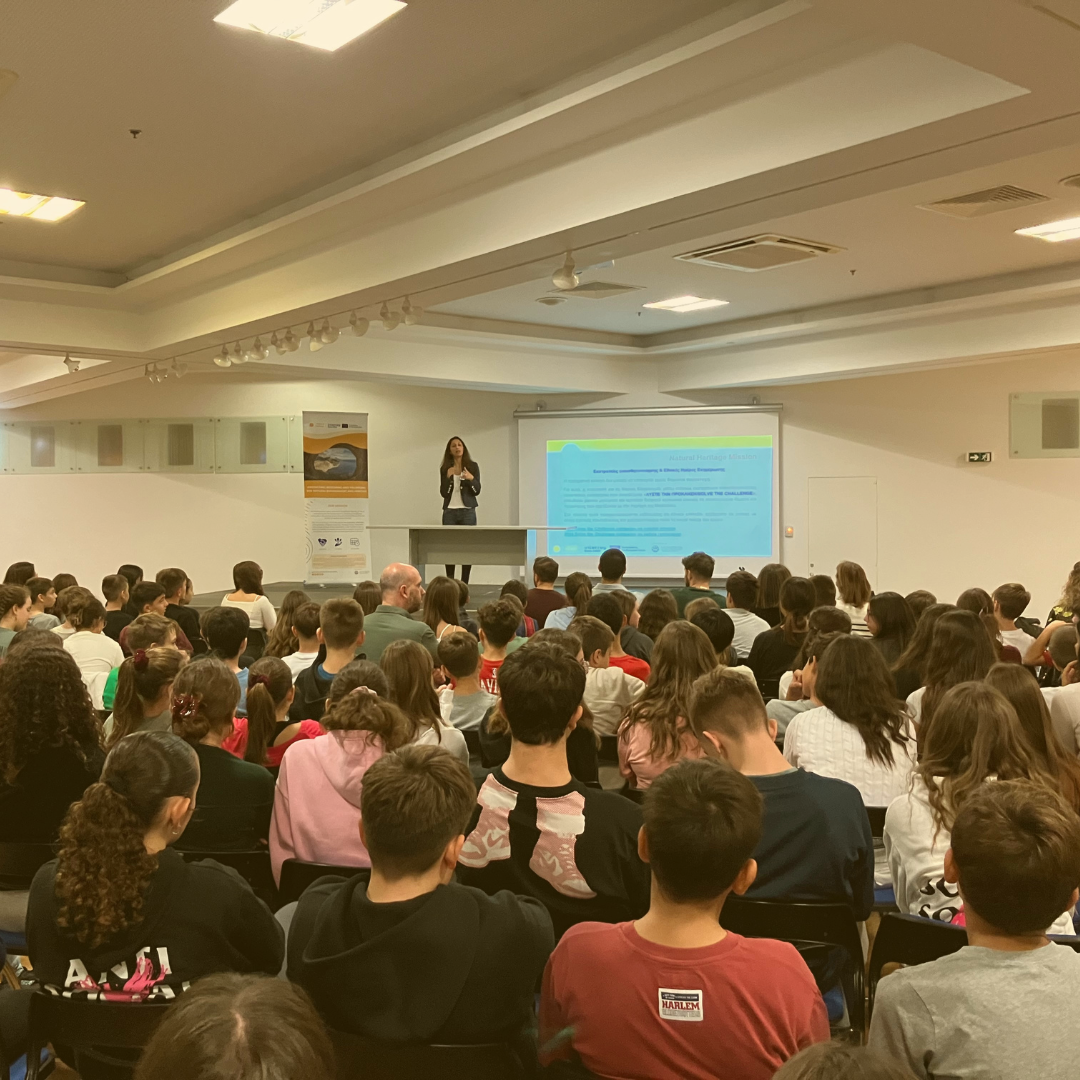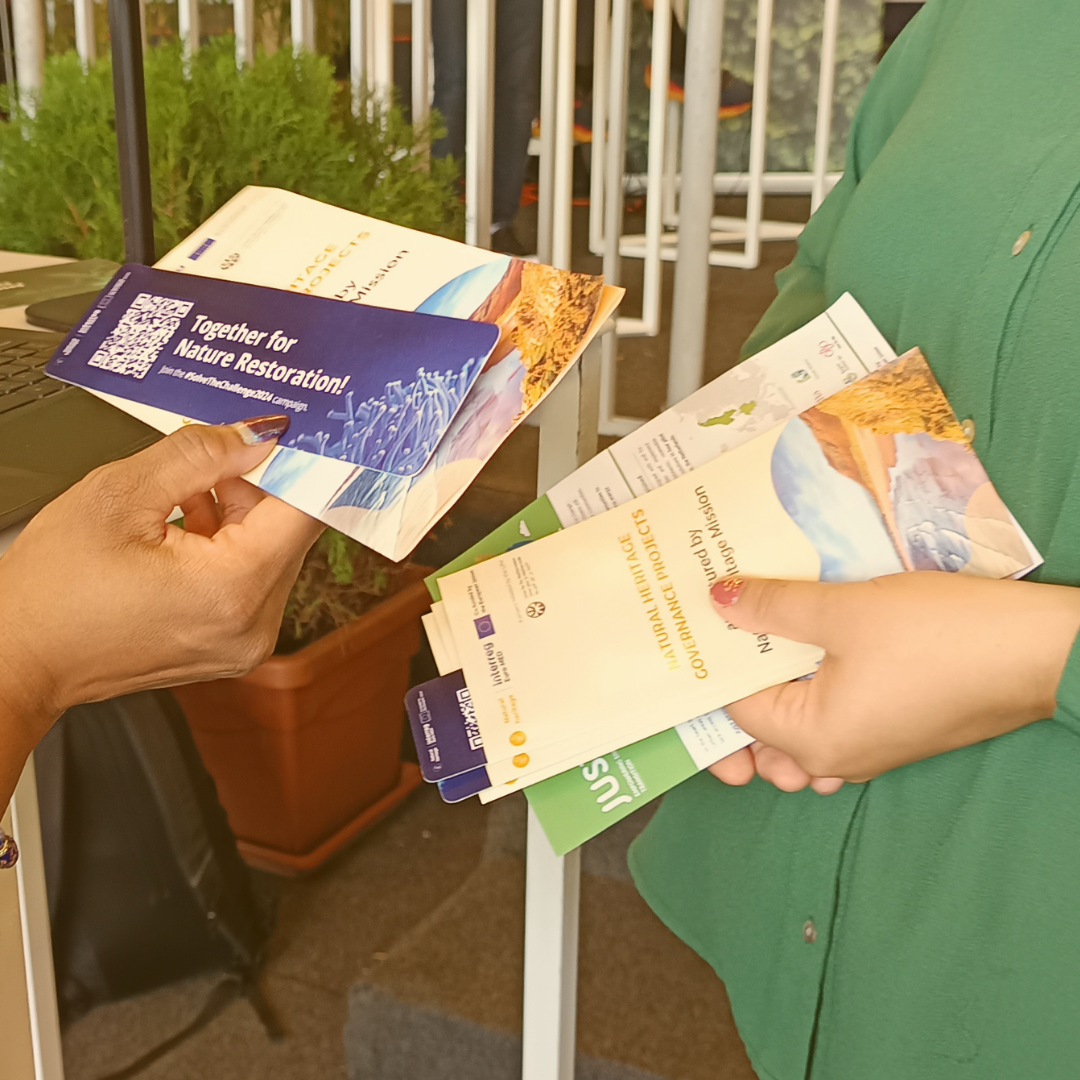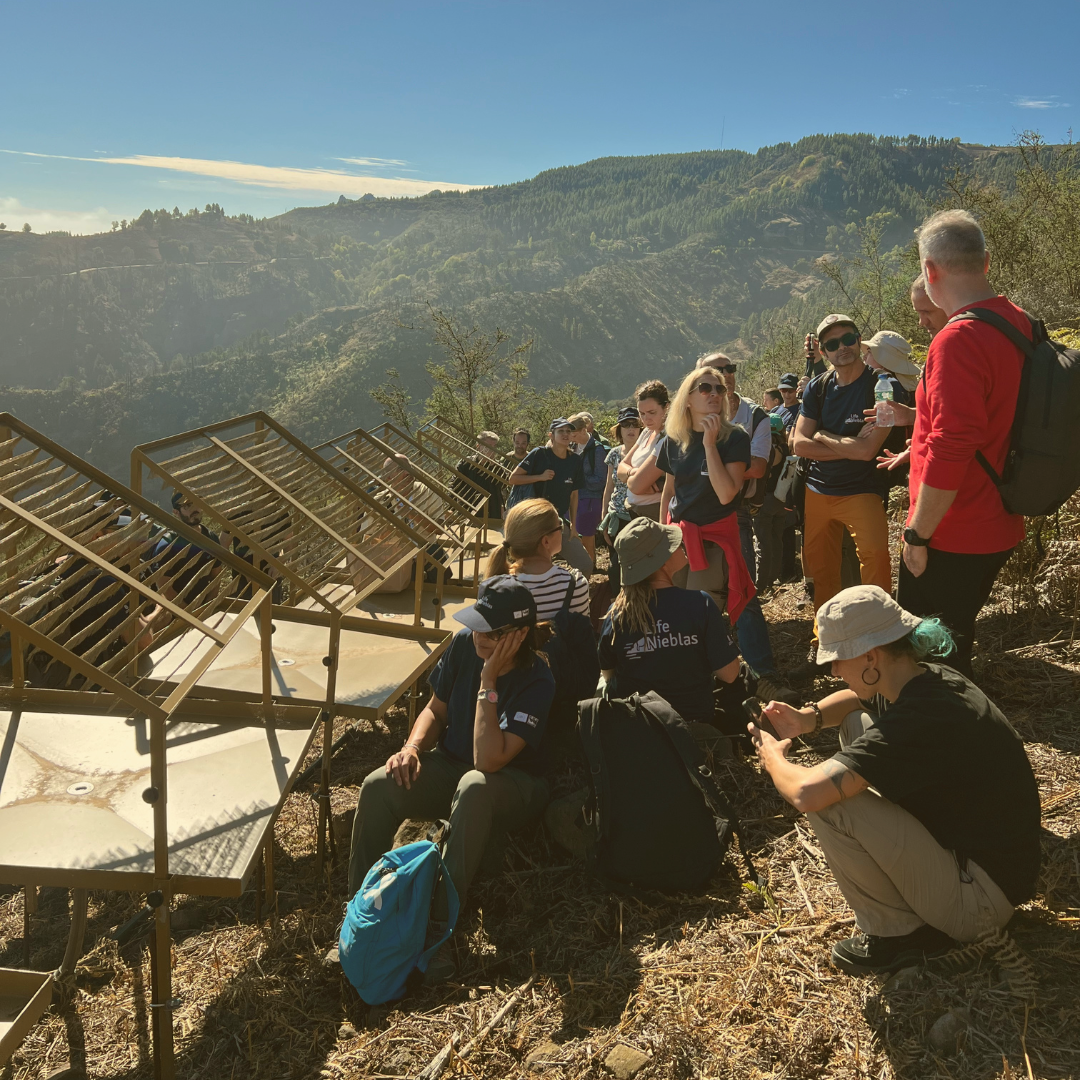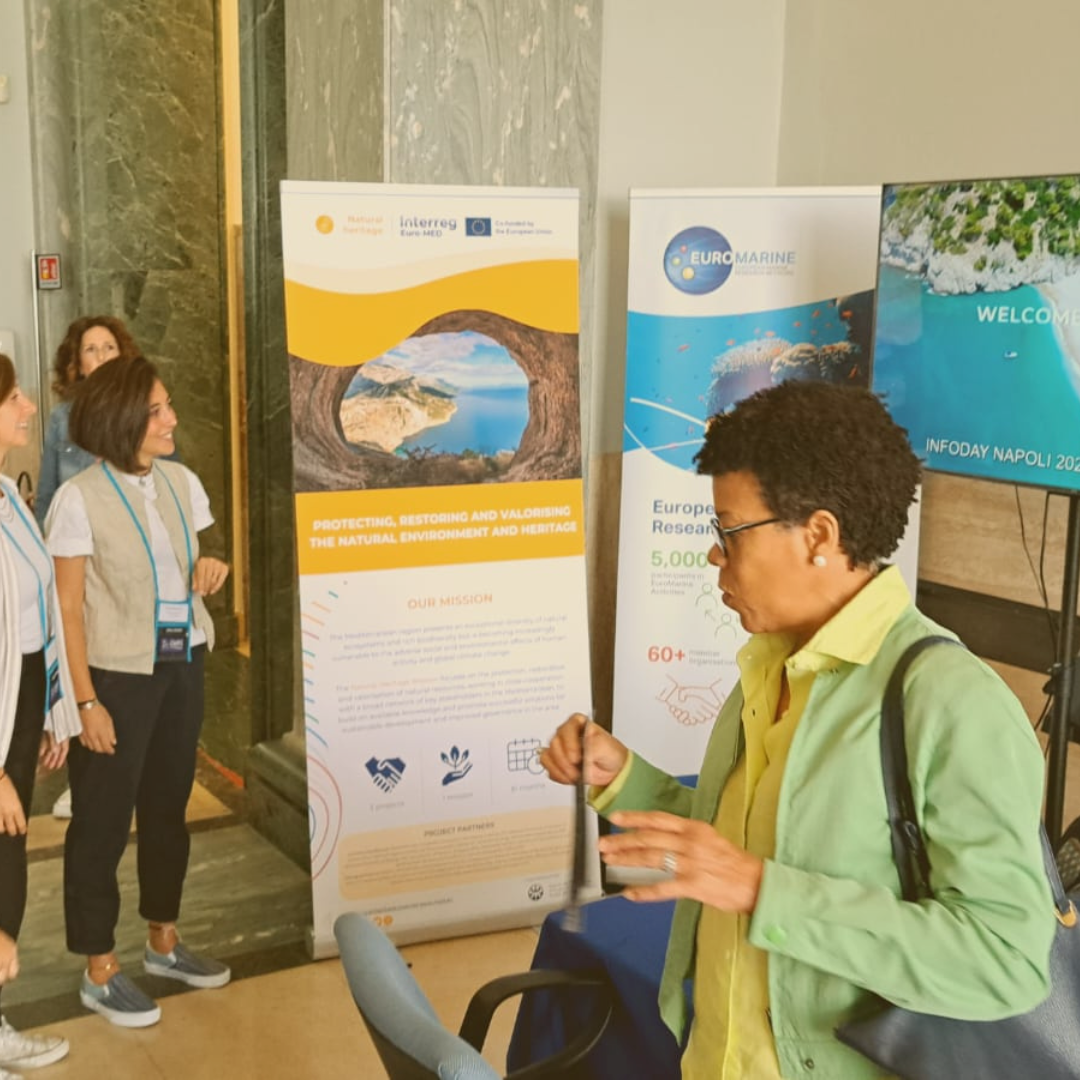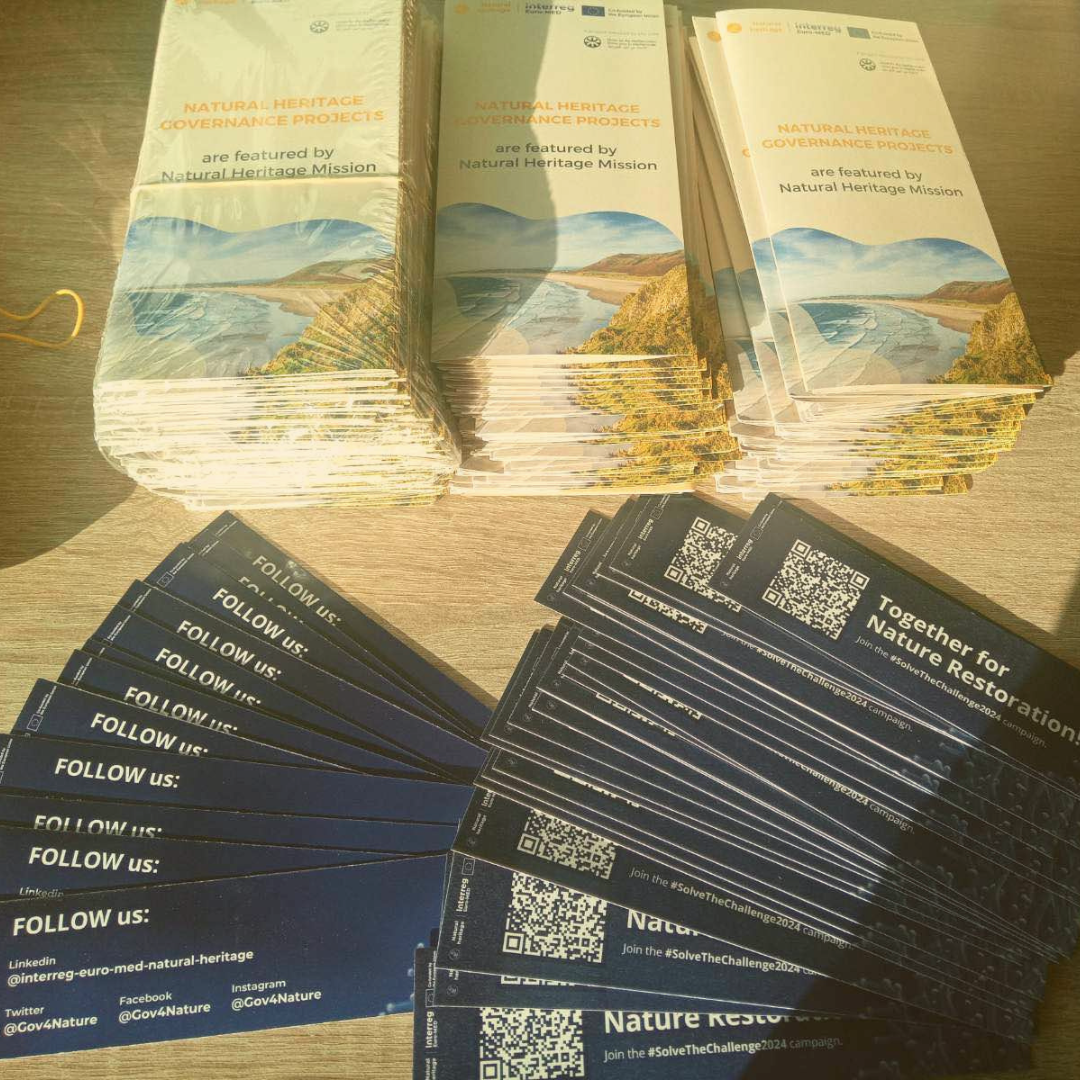Together for Nature Restoration!
The Natural Heritage Mission aims to raise awareness on the urgent need to restore degraded ecosystems in the Mediterranean region.
This year we want to share interesting concepts, ideas, methodologies, projects, showing how restoration can be put into practice in order to ensure a greener future for all! Releasing content through our communication channels and organising events together with our community, we aim to highlight needs and challenges related to restoration and boost a societal dialogue on the topic.
What is Nature Restoration?

By “restoration” we mean the process of assisting the recovery of an ecosystem to improve its structure and functions, with the aim of conserving or enhancing biodiversity and ecosystem resilience.
Ecosystem restoration encompasses a wide continuum of practices, depending on local conditions and societal choice. Preserving our ecosystems is a complex challenge, but many good examples exist!
The first step towards regaining the health of our ecosystems is to identify the sources of their degradation (pollution, urbanisation, climate change, and so on) and to implement strategies and actions to reduce or eliminate these pressures. Without this step, any effort for restoration will fail as the stressors will be still there.
After ensuring that the source of the problem is solved (or at least minimised), restoration practices can be implemented.
Restoration includes two main categories of strategies:

Active Restoration:
intervening directly on the degraded ecosystem to assist its recovery.

Passive Restoration:
removing stressors and allowing the ecosystem to evolve spontaneously towards recovery, allowing natural dynamics to do the job.
Passive restoration generally is less expensive than active restoration and, if local and landscape characteristics do not impede recovery, it is a viable alternative.
Under these two main categories, there is a wide variety of actions that can be uptaken for restoration such as, erosion control, reforestation and revegetation, removal of invasive species, soil amendment, restore hydrological processes, etc.
Why restore nature?
The world, as we know it, is the result of an entangled network of interactions and biological processes enabling life. Human and all other species’ wellbeing on this planet depend on a functional and biodiverse nature.
Europe’s nature is in alarming decline, with more than 80% of habitats in poor condition. Restoring wetlands, rivers, forests, grasslands, marine ecosystems, and the species they host is crucial for all. If you want to check out the ecological status of your region, have a look at the reports developed by the European Environmental Agency.
By restoring our ecosystems, we can:
- Halt biodiversity loss
- Combat climate change
- Improve our health and well-being
- Ensure resources for us, our children and grandchildren
- Preserve people’s livelihoods
How can we promote restoration?
Often nature restoration and protection is perceived as a burden and hindering socioeconomic development. This dichotomy is false, because all economic and non-economic activities are intrinsically part of nature. The value of nature is diverse! Our ecosystems provide resources and services, as well as livelihoods and culture.
Restoring nature will need investments both for concrete interventions, as well as to halt activities negatively affecting existing ecosystems.
Therefore, we need to:

Reduce the human pressures on territories. Land planning is crucial!

Protect those habitats that are still healthy.

Recover the functionality of ecosystems, which host broad diversity of species.

Protect biodiversity and specific endangered species.

Introduce new approaches for engineering, such as nature based solutions instead of grey infrastructures.

Promote co-responsibility by involving everyone: citizens, public administrations, scientists, and businesses.

Create a shared culture where the protection of all forms of life drives decision making.
What concrete actions are being taken?
The Natural Heritage Mission hosted a summer school dedicated to nature restoration with special focus on the recently approved European Nature Restoration Law in order to increase capacity among restoration practitioners in the Euro-MED area. Check out the program and key messages here!
At European level, the new Restoration law will be the focus for Member States for the next period as countries need to develop National Restoration Action Plans within the next two years.
In this effort, they are supported by a whole set of policies and action plans, developed to help reach the goals for nature restoration, each of them suggesting management options and funding schemes to change current trends of environmental degradation.
On a practical level, the Interreg Euro-MED Programme funds different projects for nature restoration. Explore them among the list of the Thematic Projects recently approved by the Programme here.
Follow our campaign to learn more on the work of these projects as well as on other results reached by members of our community.

NATURE RESTORATION AROUND THE MED
Videos
Dadia National Park (Greece) suffered in 2023 from the largest wildfire in Europe (according to Copernicus), burning an area of 93,500 hectares over 17 days! Listen to Ms Sylvia Zakkak (NECCA) to find out about the amazing efforts to restore Dadia National Park.
Life Nieblas is a project, co-financed by the European Commission and coordinated by the Cabildo de Gran Canaria and Gesplan, aiming to restore life to fragile ecosystems in Gran Canaria, Portugal, and Catalonia, by capturing water from the air using fog collectors.
The MERLIN project, funded by the European Commission’s Horizon 2020, focuses on integrating the ecological restoration of freshwater ecosystems into a broader landscape context. Watch the video to find out more about one of the case studies focusing in Spain.
A project aimed at restoring the habitat of the Ferruginous Duck in Bulgaria. Focusing on three Natura 2000 sites along the Danube River, the project’s objective has been to study and implement restoration actions to ensure a healthy and vital environment for these species.
Transplanting Posidonia Oceanica (L.) Delile with a method patented and tested in the LIFE program. The transplantation was carried out by CoNISMa and Econ srl.
Info Days
At the ŠtartUP 2024 event in Slovenia,NIB engaged over 180 university students, conducting surveys on nature conservation and marine bio-components in cosmetics.
NTUA co-organised with NECCA several Info Days across high schools in Attica (Greece), focusing on coastal protection, interregional cooperation, and restoration actions. These Info Days were supported by the Natural Heritage Mission’s Thematic Projects: ARTEMIS and FRED, and other initiatives.
During the Climate Alliance International Conference in Cascais (Portugal), IrRADIARE highlighted the Mission’s vision at the “Learn and Share Marketplace”. The event was an opportunity to explore innovative solutions for climate resilience and sustainable natural heritage management.
CREAF participated in the International Congress on Innovation in Atmospheric Water Harvesting and Environmental Restoration Techniques promoted by LIFE NIEBLAS in Gran Canaria (Spain). They showcased the Mission’s potential to amplify such solutions during networking sessions and poster presentations.
At the European Marine Biology Symposium (Italy), CoNISMA set up an engaging stand with videos, printed materials, and presentations. A representative participated in a panel on enhancing project cooperation for marine biodiversity restoration and stakeholders’ engagement.
APB supported Wetland4Change in the organisation of an Info Day in Blagoevgrad (Bulgaria) focusing on wetlands’ role in combating climate change. Representatives from local authorities, academia, and agriculture discussed Nature-based Solutions for wetland conservation and sustainable management.
Do you want to learn more about nature restoration?
Follow our social media and keep yourself updated on activities held in the context of the campaign.
Facebook Instagram Twitter Youtube Linkedin
The 2024 “SOLVE the Challenge” awareness campaign on nature restoration was launched on the 18th of June 2024 through a field visit and was completed at the end of the year.

